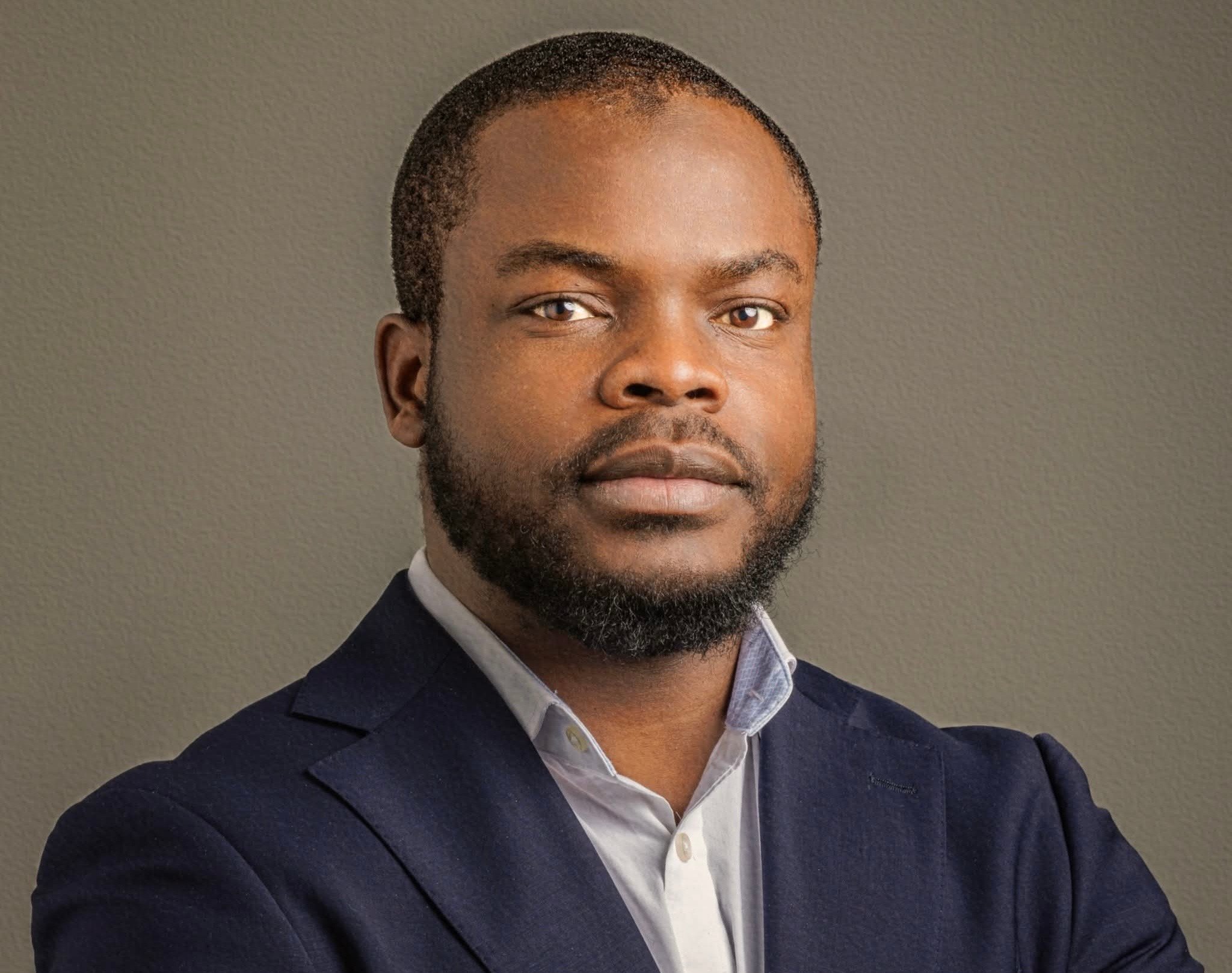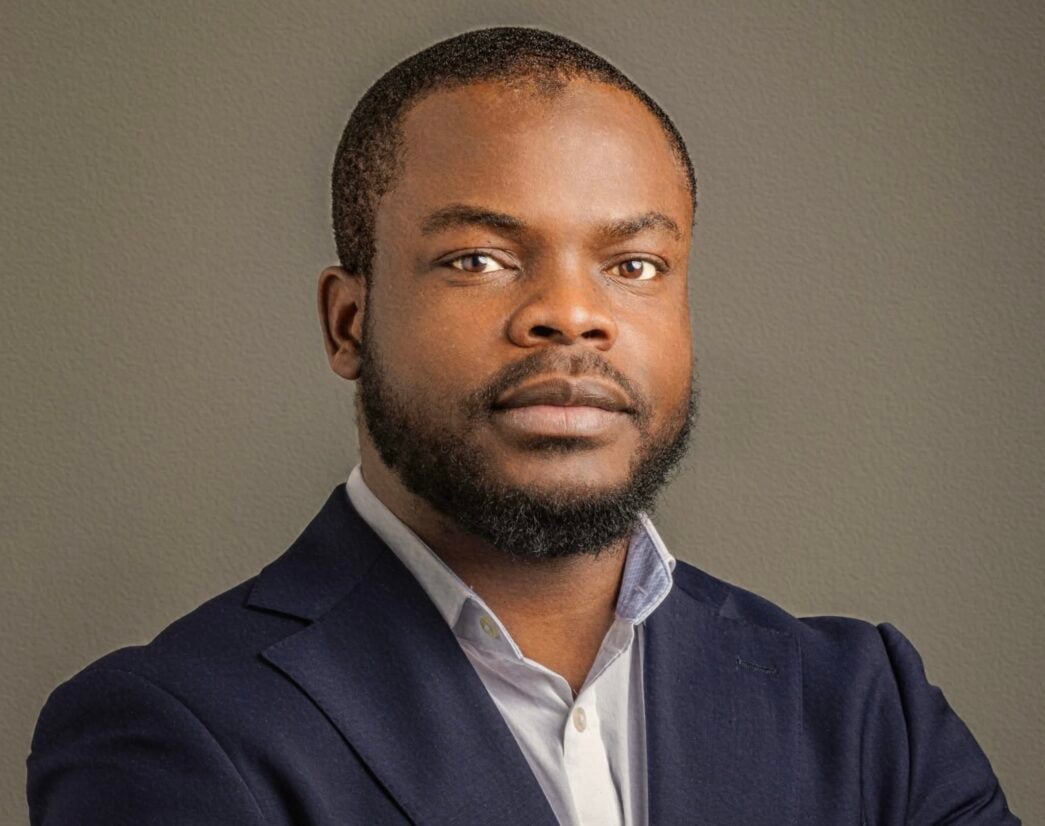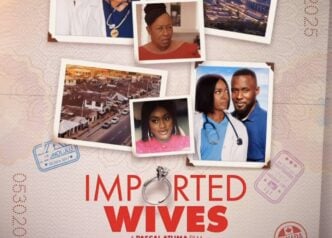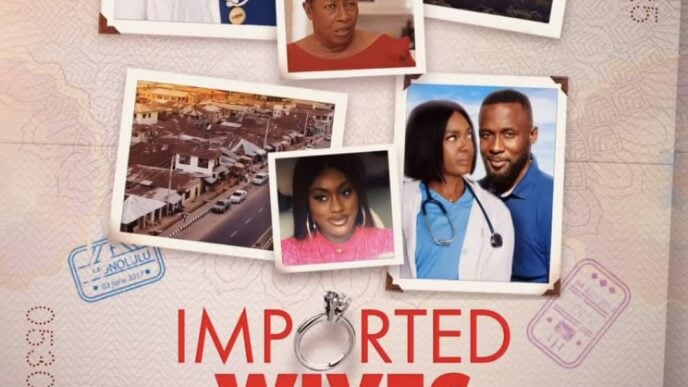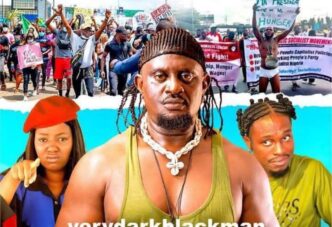Abass Isiaka, a United Kingdom-based Nigerian educationist, has been awarded the Leverhulme Trust Early Career Fellowship to conduct research at the School of Education and Lifelong Learning, University of East Anglia (UEA), UK.
The Leverhulme Trust Early Career Fellowships support exceptional individuals in the early stage of their academic careers with a proven track record to undertake a significant and publishable research at a UK university for three years.
Isiaka, a 2016 graduate of the University of Ilorin, received a Commonwealth Scholarship in 2018 to study for a masters degree in education, public policy and equity at the University of Glasgow. He thereafter completed his PhD in inclusive education at UEA in 2024.
During his fellowship, which will run from 2026 to 2029, he will work on a research project titled ‘Disabling by Design: Recasting The Future of Higher Education Policies in Africa.’
Advertisement
The study aims to develop a social history of higher education in relation to disability inclusion, tracing developments from 1940 to the present.
According to Isiaka, the project will adopt a histo-futurist approach and involve collaboration with a Disabled People’s Organisation (DPO) to reimagine alternative futures for persons with disabilities (PWDs) in West Africa.
He added that the project will “investigate the construction, representation, and inclusion (or exclusion) of disability in higher education policies in West Africa from 1940 to the present, drawing on archival research from the UK and Nigeria”.
Advertisement
Isiaka said he was honoured to have been selected for the Leverhulme Trust Early Career Fellowship, describing the award as an affirmation of his longstanding interest and research into disability inclusion and widening participation in higher education in Africa.
“This award will provide me with the opportunity to explore the connection between coloniality and disability and how it continues to shape disabled people’s access to higher education in West Africa and what this might tell us about colonial encounters of disabled people with higher education in other parts of the continent,” he said.
“I am particularly excited to collaborate with an organisation for persons with disabilities to contribute new perspectives to global conversations on higher education and disability justice.”
Reflecting on the essence of his proposed project, Isiaka noted that it will focus on uncovering the untold history of disabled people in the collective struggles for independence and access to higher education in West Africa.
Advertisement
“It presents innovative approaches to gathering histories and making new possibilities, allowing for futures that acknowledge and attempt to avoid the violence of the past and the present,” Isiaka said.
“While much research has focused on the colonial impact of higher education in Africa, limited attention has been paid to the long-term impact of (neo)colonial policies on the higher education experiences of persons with disabilities (PWDs) today and their decolonial aspirations.”
He also disclosed that he would collaborate with the Joint National Association for Persons with Disabilities in Nigeria (JONAPWD) to investigate how co-produced historical knowledge about disability inclusion can enhance Disabled People’s Organisations’ (DPOs) ability to imagine and advocate for inclusive and desirable social policies.
Advertisement
